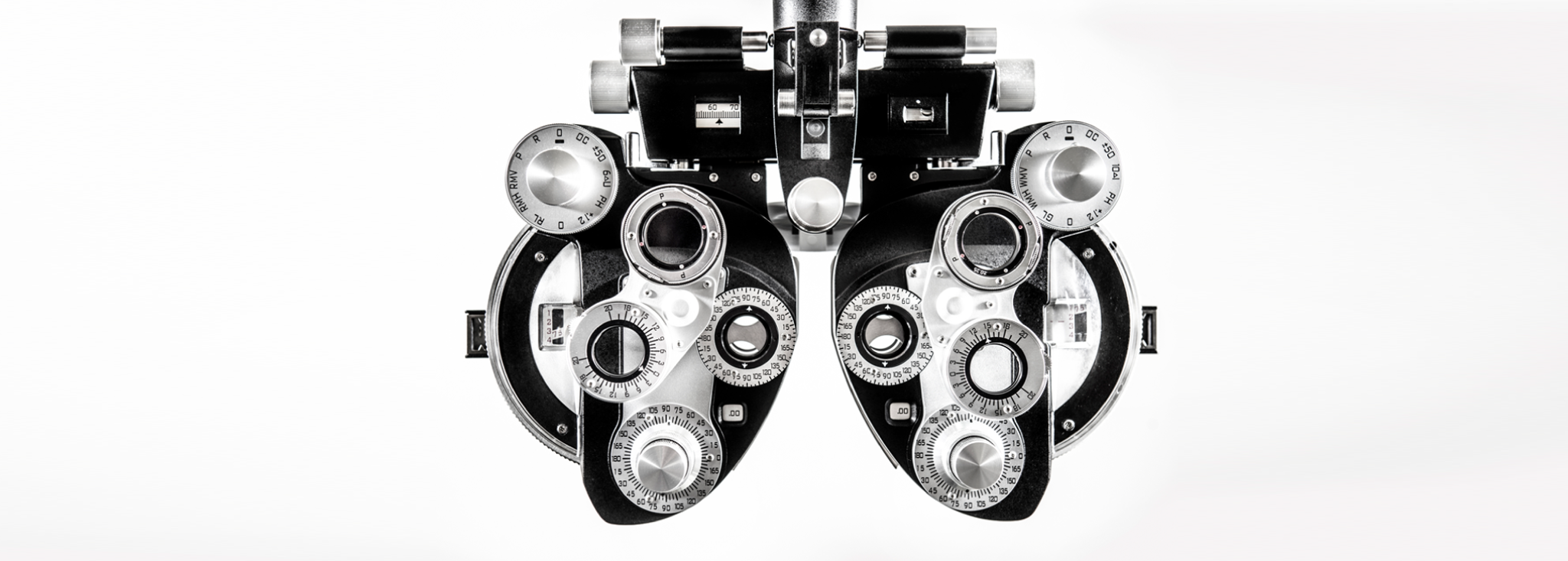What is an Ophthalmologist?
Eye care is an important component of diabetes management to prevent retinopathy, a condition that can lead to blindness and one of the leading causes of blindness worldwide. As you build your health care team, an ophthalmologist can help you detect or prevent the onset of diabetic retinopathy.
What is an ophthalmologist?
Ophthalmologists are specialists who provide eye care and monitor any changes in your vision. They are medical doctors who complete 12 to 13 years of training and education to practice eye and vision care. Due to this extensive training, ophthalmologists licensed to diagnose and treat all eye diseases, including severe eye problems, which sets them apart from opticians and optometrists. Their training as medical doctors, in general, also gives them the ability to identify conditions unrelated to the eye. Some ophthalmologists dedicate their time to research into the causes and cures of eye diseases. Generally, these doctors have skills in a sub-specialty such as glaucoma, retina, cornea, pediatrics, neurology and plastic surgery.
What services can I receive from an ophthalmologist?
An ophthalmologist can provide the following services.
- Vision exams, including dilated eye exams
- Diagnose and treatment of eye conditions such as nearsightedness, farsightedness, astigmatism and other complex conditions
- Prescribe eye medications, glasses, contacts and medication for other complicated or complex conditions
- Provide vision therapy
- Perform eye-related surgeries
When should I see an ophthalmologist and how often?
Every person living with type 2 diabetes should see an ophthalmologist. A routine visit would include a comprehensive dilated eye exam, where the specialist places drops in the eyes to dilate your pupils. The dilation helps the doctor see the back of your eye to detect signs of diabetic retinopathy.
If you were newly diagnosed with type 2 diabetes, you should make an appointment with an ophthalmologist as soon as you’ve received your diagnosis to gain insight into how diabetes may have affected your vision.
Otherwise, if you haven’t seen an ophthalmologist, you should see one if you’re experiencing changes in your vision or any other diabetes-related complications. It is recommended that you see an ophthalmologist at least once a year, however, your doctor may recommend more frequent appointments if you’re having vision troubles.





